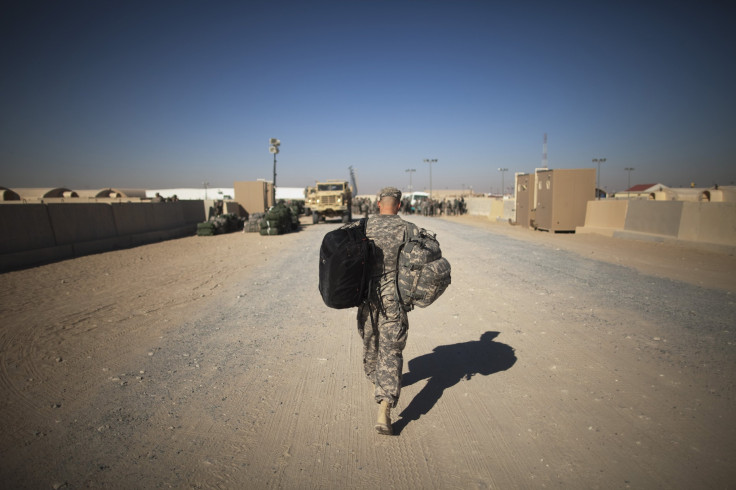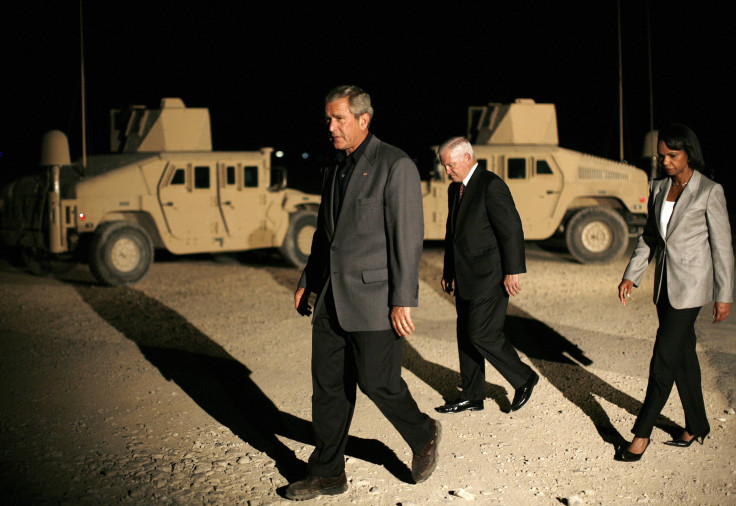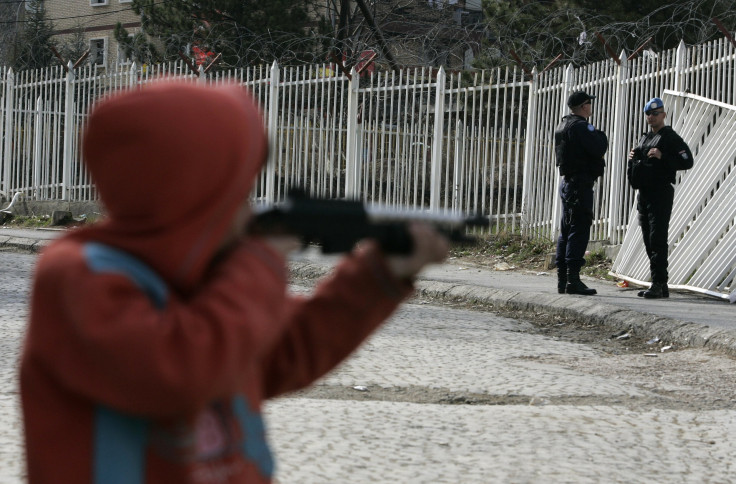Democratic Governments Don't Make War Less Likely, Study Finds

There may be no such thing as “democratic peace,” according to new research, going against widely held beliefs that democratic societies are less likely to go to war against each other.
Scientists from Ohio State University, in a new study, found that strong economic trade links and participation in international government organizations are important to maintaining peaceful links between countries.
However, their results suggested that democracy played no strong role in whether two nations went to war -- a finding that goes against the theory of democratic peace, which states that democratic nations are less likely to go to war against each other compared to nations with other forms of government.
"That's a startling finding because the value of joint democracy in preventing war is what we thought was the closest thing to a law in international politics," lead author Skyler Cranmer of Ohio State University said in a press release on Thursday. "There's been empirical research supporting this theory for the past 50 years. Even U.S. presidents have touted the value of a democratic peace, but it doesn't seem to hold up, at least the way we looked at it."

Their research used a new model that was found to predict international conflict up to ten years into the future, by examining all violent conflicts between the years 1948 and 2000. Using that data, they were able to create a new model of international conflict which they claim performs 47 percent better at predicting international conflict.
"The Department of Defense needs to know at least that far in advance what the world situation is going to be like, because it can't react in a year to changes in levels of conflict due to bureaucratic inertia and its longer funding cycle," Cranmer said.
"Being able to have a sense of the global climate in five or 10 years would be extremely helpful from a policy and planning perspective."
Their model considered three factors that are considered to be beneficial to lasting peace: The spread of democracy to different countries; increased economic interdependence through trade; and participation in international governmental organizations like the European Union and NATO.
While previous research has reportedly considered, either together or separately, the effect of these factors on conflict between nations, this study used a new statistical technique. This allowed them to map the effect that each of these three factors had on each other, as well as consider them as a whole.
"When we looked at these networks holistically, we found communities of countries that are similar not only in terms of their IGO memberships, or trade agreements, or in their democratic governments, but in terms of all these three elements together," Cranmer said.

The researchers called this grouping into several communities "Kantian Fractionalization," after the ideas of philosopher Immanuel Kant, who expounded on the concept of “perpetual peace” that the researchers based their study on.
The researchers warned, however, that the more deeply divided these international cliques were, the more significant the risk of war becomes. "We measured how fragile these networks are to breaking up into communities," Peter Mucha, a mathematician at the University of North Carolina who helped develop the new statistical model, said. "Remarkably, that fragility in a mathematical sense has a clear political consequence in terms of increased conflict.”
The results of their research were published this week in the Proceedings of the National Academy of Sciences.
© Copyright IBTimes 2024. All rights reserved.











